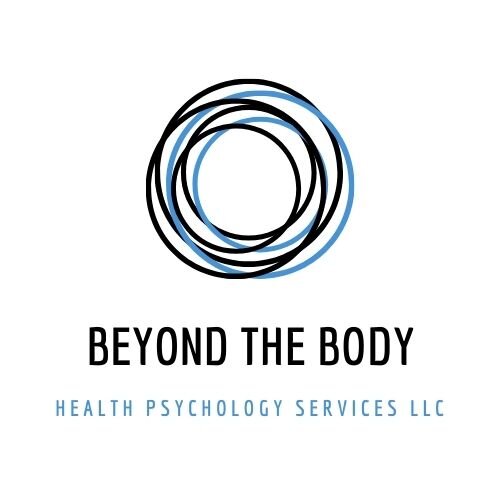Mental Illness is Invisible Illness
This might be a little controversial, but I believe that mental illness, cognitive disorders, and neurodevelopmental disorders are invisible illnesses too. Mental Illnesses, cognitive disorders (such as dementia and Alzheimer’s disease) and neurodevelopmental disorders (such as Autism Spectrum Disorders and learning disorders) do not usually have overt visible symptoms when you first look at a person, and so by definition they are invisible.
Pain-related Anxiety
Anxiety and Worry. Everyone experiences it sometimes. Worry happens when we are worried about the future. Worry is a normal part of life, it can even help push us to plan for the future; you probably wouldn’t bother to save money if you weren’t at least a little worried about having enough to support yourself in the future. So, worry and even anxiety (which is more complex than worry) can be helpful at times. However, when you have chronic pain or illness, anxiety is usually not a helpful experience.
Chronic Pain and Depression: Your FAQs Answered
Research has also shown that for people with chronic pain, the most common course of events is first pain, then depression naturally follows due in part to pain, lack of sleep, and changes in day to day life (Ohayon & Schatzberg, 2010).
Regardless of where it started for you, if you are stuck in the pain cycle of pain and depression, it can feel overwhelming. It can be hard to break out of the cycle on your own. That’s where a pain psychologist or clinical health psychologist can be helpful.
Pain: It’s not in your head, but it might impact your mental health
It all begins with an idea.

















